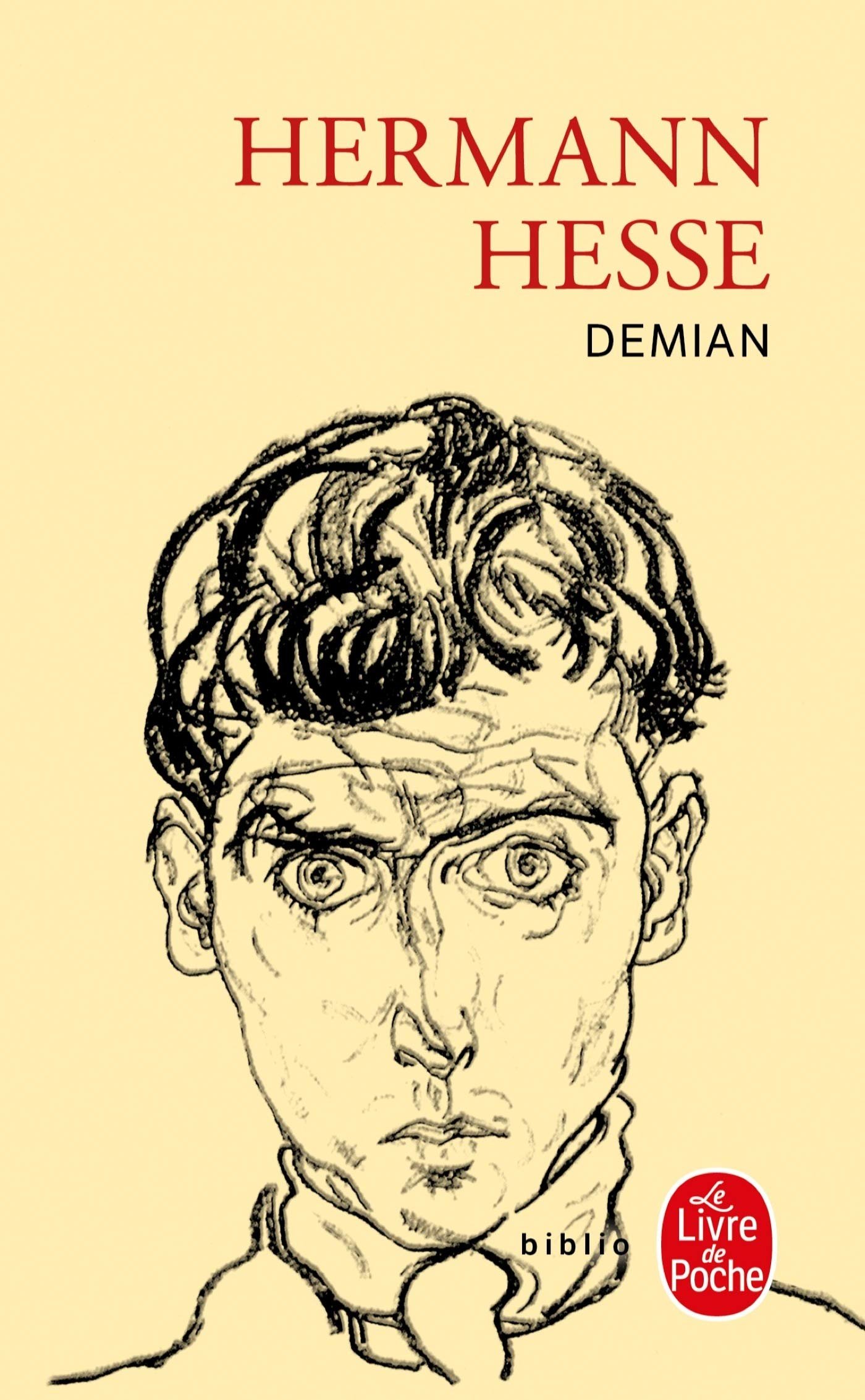Demian
“I have been and still am a seeker, but I have ceased to question stars and books; I have begun to listen to the teaching my blood whispers to me.”
Demian is a sad and lonely read; it is a thoroughly depressing exploration of the human soul and the adolescent mind. The book portrays a general sense of detachment and dispossession with reality and the rest of the world. Emil Sincliar is different. We all are, in our own way; though Emil is separate to everyone else in his solitude. He doesn’t quite belong with other people; he doesn’t enjoy the same things and often feels unmoved by things that would directly affect most people: he is an outsider looking in, fated to exist apart from the rest of humanity.
He looks within himself and finds the answers. Through the words of a friend, he realises that morality, that good and evil, that god and the devil, are not necessarily diametrically opposed but are part of larger whole: one entity that exists in union. (Sounds like Hesse has been reading Nietzsche.) His soul becomes less fractured and his person becomes more solid as a result. He is ready to be born anew with his knew knowledge; thus, he expresses himself in art, art that echoes the images and ideas of the surrealists.
As with most modernist works, Demian is an absolute treasure trove of psychoanalytical theory. Part of me considered that none of the events are real or the characters, but are mere tools used by the author and our narrator (Emil) to express his mental states and his sense of anguish in a world that he feels apart from. Despite being a relatively short work, the narrative is dense and obscure. I would love to read this in conjunction with Jung or Freud and consider the implications of the dreams and the expressions of emotions. There’s certainly a lot to pick apart here.
